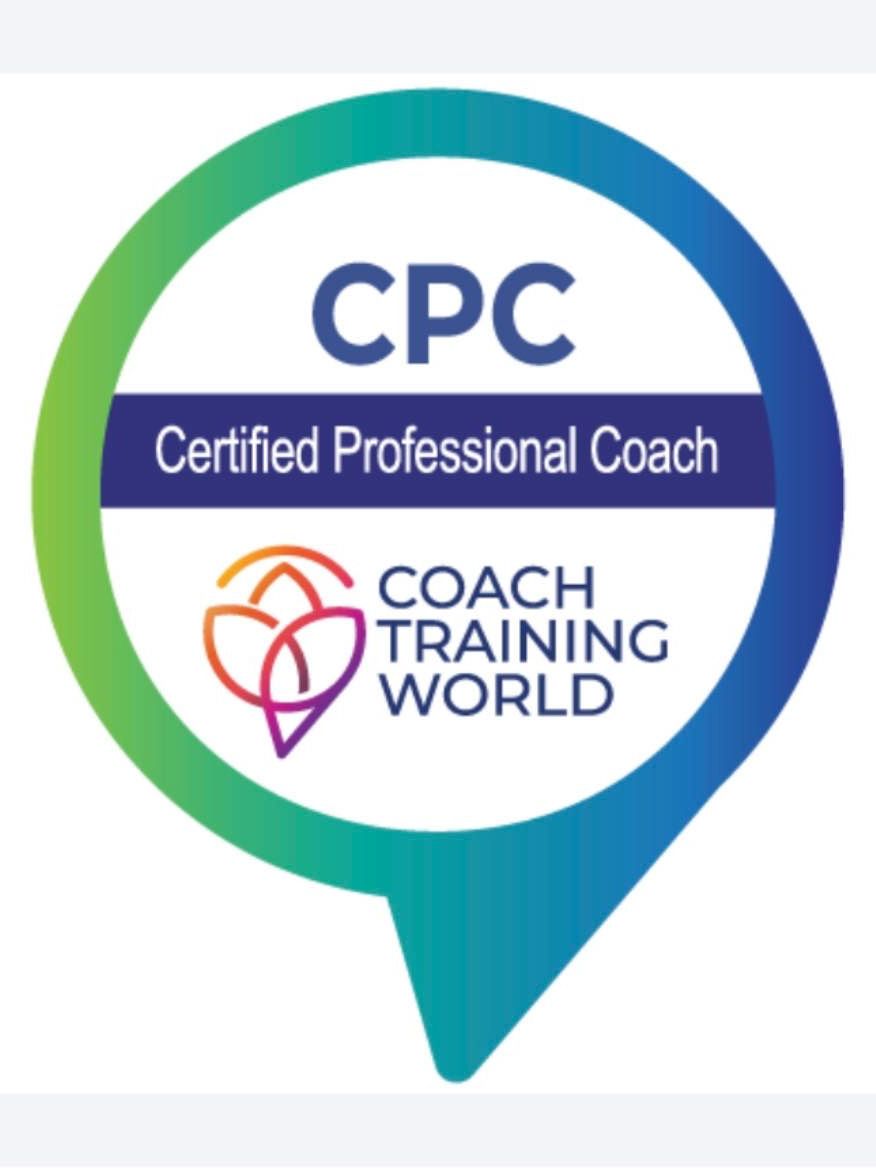Practice The Pause
Practice the Pause: A Path to Confidence and Clarity through Coaching
In our fast-paced world, we often feel pressured to react quickly to situations—whether in relationships, at work, or during emotionally charged moments. However, rushing through decisions or conversations can lead to misunderstandings, regret, or missed opportunities for self-reflection. This is where the concept of “practice the pause” becomes essential.
“Practicing the pause” means taking a moment to reflect before responding to situations. It’s about intentionally creating space to breathe, think, and feel, allowing clarity to emerge. As a life coach, I’ve seen how mastering this skill can transform not only how individuals navigate challenges but also how they cultivate confidence from within.
Let’s explore why pausing is crucial and how coaching can support you in embracing it as a powerful tool for personal growth.
Why Pausing is Powerful
- Prevents Reactive Responses
When emotions run high, it’s easy to say or do things we might later regret. Whether it’s reacting impulsively to a partner’s comment or making a hasty decision, emotional reactions often lead to unintended outcomes. Taking a moment to pause allows you to shift from reacting emotionally to responding intentionally. -
Invites Clarity and Perspective
In the heat of the moment, our thoughts may feel scattered, and it can be hard to see the bigger picture. A brief pause gives you time to reflect on what truly matters. This space creates room for clarity, helping you align your responses with your values and goals. - Builds Emotional Awareness
Pausing allows you to tune into your inner world—your thoughts, feelings, and triggers. This awareness is the first step in emotional regulation, an essential component of confidence. Knowing what you feel and why empowers you to respond from a place of control and self-assurance. - Strengthens Relationships
When you pause, you listen more intentionally and respond thoughtfully. This practice fosters better communication, builds trust, and deepens your connections with others—whether with a romantic partner, friend, or colleague.
How Coaching Helps You Master the Pause and Build Confidence
While the concept of pausing sounds simple, it can be challenging to apply—especially when emotions take over. This is where life coaching can provide essential support and guidance.
- Creating Awareness Around Triggers
In our coaching sessions, we’ll explore patterns in your reactions. What triggers you to act impulsively? What emotions surface during these moments? Together, we’ll uncover the root causes of these responses, helping you become more aware of when you need to practice the pause. - Developing Personalized Strategies
Everyone’s journey to mastering the pause is unique. Through coaching, we’ll co-create practical strategies that fit your lifestyle and emotional patterns. For some, this might involve breathwork or journaling; for others, it could mean practicing mindfulness in conversations. - Accountability and Encouragement
Building a new habit takes time and consistency. As your coach, I’ll be there to support you, celebrate your progress, and keep you accountable. Every time you successfully pause, reflect, and respond intentionally, you’ll feel a boost in confidence. This momentum creates lasting change. - Turning Pauses into Moments of Empowerment
Coaching helps you recognize that the pause is not a passive act—it’s a moment of empowerment. It’s a chance to reclaim your narrative, respond with intention, and align your actions with your goals. Over time, this practice nurtures your self-trust, an essential ingredient for lasting confidence. - The Confidence That Grows from Within
When you embrace the habit of pausing, you tap into a sense of calm and inner control, no matter what life throws your way. Coaching guides you on this path by offering tools, insights, and encouragement, helping you stay grounded in every situation. As you practice the pause, you’ll find that confidence isn’t something you have to chase—it’s something you cultivate from within.













